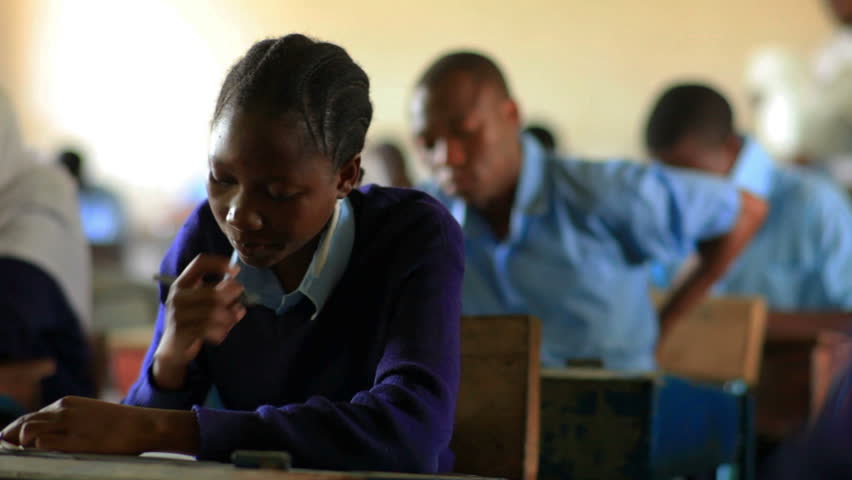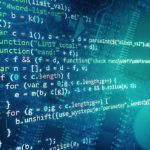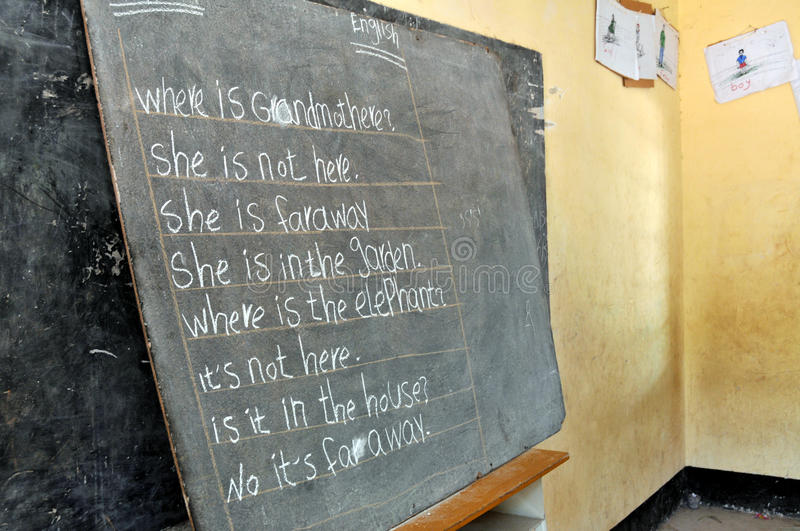
It would be hard to find anyone who would dispute that the educational system represents the engine for transitioning societies from a state of stagnation and economic and social backwardness towards any prospect of modernity and development. This has been proven by experience in many third world countries that have succeeded in overcoming underdevelopment and moving to the arena of modern and developed countries.
IN THIS REGARD, the National Islamic Front (the Sudanese branch of the Muslim Brotherhood movement) which seized power since 1989 through a military coup, presented itself as a movement of resurgence and renewal, one that sought to bring about a civilizational renaissance not only at the level of Sudan but throughout the entire Islamic world. And if education is the spearhead in the comprehensive development process, then the project for Islamic rule in Sudan has been proven beyond any shred of doubt to be an abject failure. It had completely controlled the reins of power for three decades until it fell to a massive popular revolution in April 2019.
From the outset, the Islamic regime embarked on an exercise to change the school curricula without any scientific basis or clear goals. It did this according to a closed, rigid, and one-sided ideological perspective based on memorization, indoctrination, and regurgitation, and did not encourage criticism, creativity or innovation. This change took place within a political plan that did not place education at the top of its priorities, given that the financial percentage allocated to it did not rise above 3 percent of the annual budget at any time during the period of Islamic rule. The miserable harvest of that policy soon became clear: the educational deficit multiplied dozens of times, so that in Sudan today there are about 3 million children who are out of school, according to figures from the UNICEF organization. The illiteracy rate in the country jumped from 37 to 57 percent, according to the statistics of the National Council for the Eradication of Illiteracy. The level of university education also declined alarmingly due to the arbitrary dismissal of hundreds of professors and the emigration of thousands of them due to low wages and the lack of a suitable environment for research.
The illiteracy rate in the country jumped from 37 to 57 percent, according to the statistics of the National Council for the Eradication of Illiteracy
Within the framework of the hateful ‘empowerment”’ policy, experienced educators displaying a lack of loyalty to Islamist tendencies were shut out. At the same time the previous curricula were degraded by employing the ruse of ‘Islamizing’ science, something which runs flat against the correct concept of the universality of science, while teachers suffered both from poor financial compensation and the decline in the qualifications and training demanded. All this took place in the shade of a mission termed ‘the civilizational project’ while its proponents fantasied that they were in possession of ‘the complete truth’.
Education under Islamic rule became a field for failed and ill-considered experiments ever since one of the ministers of ignorance – with a genius unprecedented – discovered what distinguished men of education had failed to discover before, namely that our education prior to Islamist rule was corrupt. They gave evidence for this corruption in arguing that in referring to the tale of ‘Ṭaha al-Qurashī’, the British colonialists meant the Holy Prophet Muḥammad.[1]
The Islamic government began to change the school curricula without any scientific basis for this and according to a closed and rigid ideological perspective. It gave free hand to a government educational policy that adopted a programme of educational privatization that ended up in the heresy of reducing public education from 12 to 11 years, a policy that stirred intense controversy.
All of this was done within a political plan that did not prioritise an education that could bring about a comprehensive resurgence, and within the framework of an unbridled economic liberalization policy that was biased towards the upper and wealthier echelons in society.
It followed a programme of ‘recruiting’ society, that started with schoolchildren’s uniforms and loaded up jihadist violence onto the inflated religious elements of the curricula. After three decades, the miserable harvest of that policy became clear, as the educational loss multiplied dozens of times over, with most of its victims being mainly children of poor families, for whom education now became an unattainable luxury.
It started with schoolchildren’s uniforms and loaded up jihadist violence onto the curricula
In order to confront this major collapse in education, we must adopt a reform process that reaches into the methodology of governance and the mentality of control, since all Sudanese intellectuals must be involved in carrying out a comprehensive review of the educational situation and in planning an educational process for enacting the desired change. Inevitably we must clearly define the philosophy, programmes and objectives of the educational process.
Do we want to train proponents of progress, innovation and creativity, or is it our aim to churn out graduate warriors, fighters and preachers?
The first option requires us to include the values of pluralism, the universality of science and knowledge, the respect for difference, and the importance of human rights in the educational curricula. As for the second option, this will only lead to more generations isolated from the world and the progress of scientific development. Such a closed approach isolated from the rest of the world and the development of science prevents the development of modern and up-to-date programmes in the scientific disciplines such as mathematics, biology, chemistry, physics and computer science. It also undervalues the teaching of English, without which there can be no possibility of following scientific progress in the world. It also prevents the possibility of benefitting from the experience of other states that have made great strides in education programmes.
I was informed by a colleague of the experience of a relative in the diplomatic service in the Sudanese Ministry of Foreign Affairs, who spoke of a period of work that the latter had spent in Malaysia, where their main source of the Malaysians’ complaint was their having to receive dozens, perhaps hundreds, of government delegations to “study the Malaysian experience.” This situation apparently continued for many years without showing the slightest positive impact that those visits and studies had on the miserable reality of state institutions, the administration and the civil service agencies in Sudan. The main reason for this was that the difference between the two experiences lay in the nature of their political systems and in the overall vision of development goals and the means of achieving them.
The crisis in education is inseparable from the totality of Sudan’s political, economic and social crises
Those familiar with the Malaysian experience will tell you that education was the spearhead of the process of development and advancement, with great attention paid to the English language, especially in the teaching of mathematics and science, and with students sent to study abroad in Europe and America. We should mention in this regard that the State of Malaysia allocates between 20-25% of its annual budget to education and training, and spends three times more on education than it spends on defense and the military. Yes, three times!

Suggested Reading
Do Arab and Islamic societies need a law to prevent stultification?
Malaysia has achieved its developmental miracle by adopting a comprehensive vision for the economy, for society and politics, while the reform of education and the civil service, among other things, constituted the twin pillars of the engine of development which was able to progress along well-established tracks due to its system of government, in that Malaysia did not witness a military coup halting the path of civilizational resurgence.
As a final point we should say that the crisis in education is inseparable from the totality of Sudan’s political, economic and social crises – a crisis linked primarily to the prevailing mindset that can only walk in one direction, rejecting anyone walking the opposite way. It will therefore not be possible to solve it so long as there no radical change takes place in the nature of that mindset.
[1] ‘Ṭaha al-Qurashī’ is the hero of a story in the Sudanese school curriculum that preceded the Islamic rule. The story tells of Ṭaha, the noble student who suffers from a painful illness and misses school due to visiting the village doctor. His father asks the doctor to write to the school principal and tell him the story. The doctor in turn writes to the principal and tells him of the symptoms of diarrhea and colic that the boy was evincing and the tests that proved that Ṭaha had an infectious dysentery, requiring that he stay for 10 days in medical isolation. This tale was distorted by one of the ministers of Islamist regime, who opined that the purpose of giving the name ‘Ṭaha al-Qurashī’ to the hero of the story was merely to disdain the Holy Prophet Muḥammad, whose name is also ‘Ṭaha’, and who also belonged to the tribe of Quraysh – hence ‘al-Qurashī’ !

